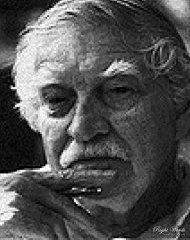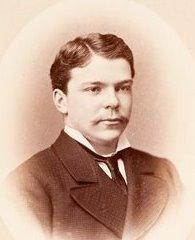May Quotes - Page 160
Edith Wharton (2013). “Delphi Complete Works of Edith Wharton (Illustrated)”, p.2005, Delphi Classics
Edgar Rice Burroughs (2015). “A Princess of Mars (Science Fiction Classic): From the Author of Tarzan of the Apes, Barsoom Series, Llana of Gathol, Pirates of Venus, The Land That Time Forgot & Pellucidar”, p.62, e-artnow
Edgar Allan Poe (2017). “Edgar Allan Poe: Complete Essays, Literary Studies, Criticism, Cryptography & Autography, Translations, Letters and Other Non-Fiction Works: The Philosophy of Composition, The Rationale of Verse, The Poetic Principle, Old English Poetry, Maelzel's Chess Player, Eureka, The Literati of New York, Fifty Suggestions, Exordium, Marginalia…”, p.52, e-artnow
Eckhart Tolle (2010). “The Power of Now: A Guide to Spiritual Enlightenment”, p.88, New World Library
The quivering flesh, though torture-torn, may live, but souls, once deeply wounded, heal no more.
Ebenezer Elliott, Edwin Elliott “The Poetical Works”, Georg Olms Verlag
E. E. Cummings (1959). “100 Selected Poems”, p.97, Grove Press
Dr. Seuss (1986). “You're Only Old Once!”, Random House Childrens Books
Douglas William Jerrold, Blanchard Jerrold (1859). “Specimens of Douglas Jerrold's wit: together with selections, chiefly from his contributions to journals, intended to illustrate his opinions”, p.122
Dorothy Parker (2004). “Dorothy Parker in Her Own Words”, Taylor Trade Publishing
Dorothy Parker (2004). “Dorothy Parker in Her Own Words”, Taylor Trade Publishing
Dion Fortune (2016). “The Machinery of the Mind”, p.60, Dion Fortune
Dick Couch (2007). “Chosen Soldier: The Making of a Special Forces Warrior”, p.300, Three Rivers Press
Diana Trilling (1993). “The Beginning of the Journey: The Marriage of Diana and Lionel Trilling”, Harcourt
Dennis Potter (2015). “The Art of Invective: Selected Non-Fiction 1953–1994”, p.409, Oberon Books







